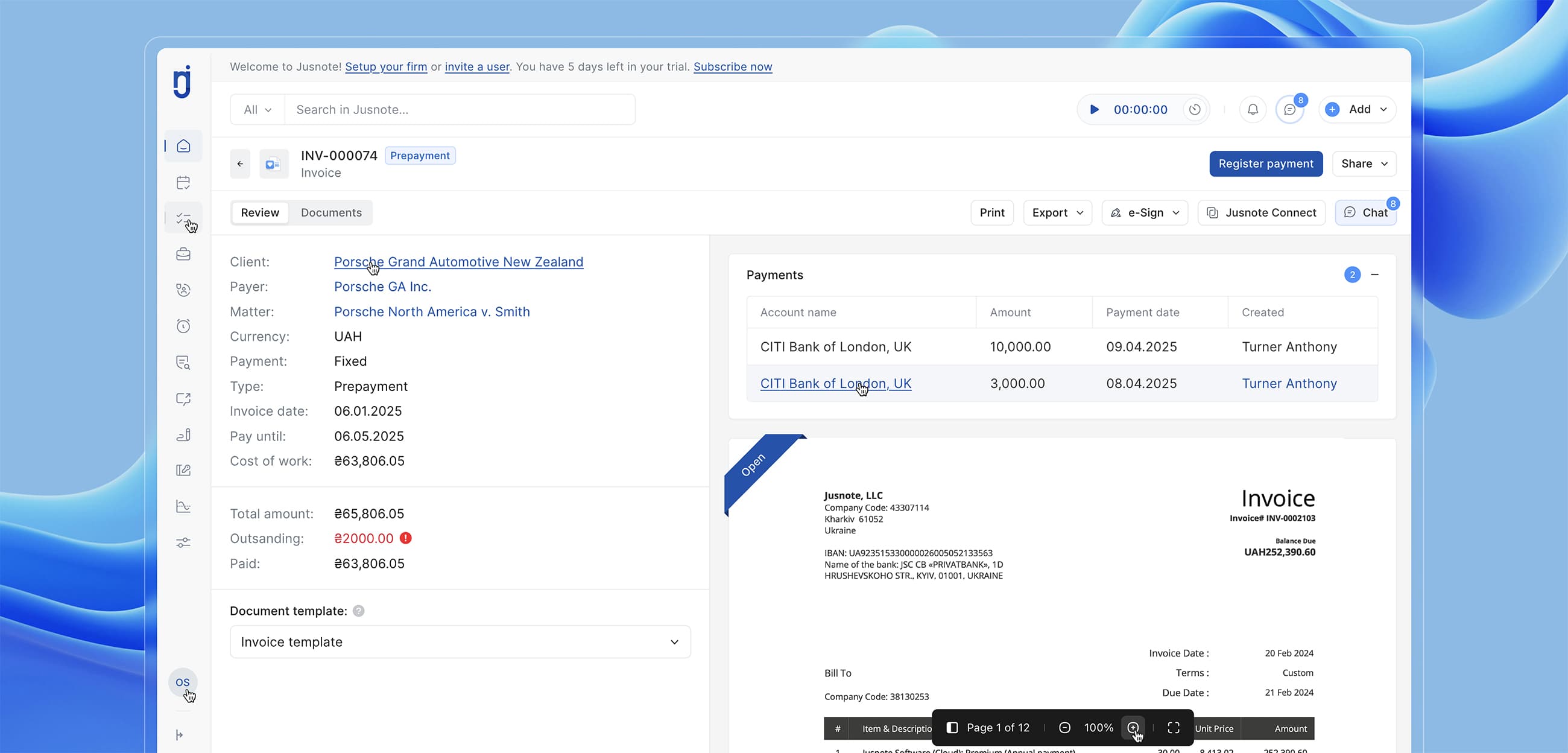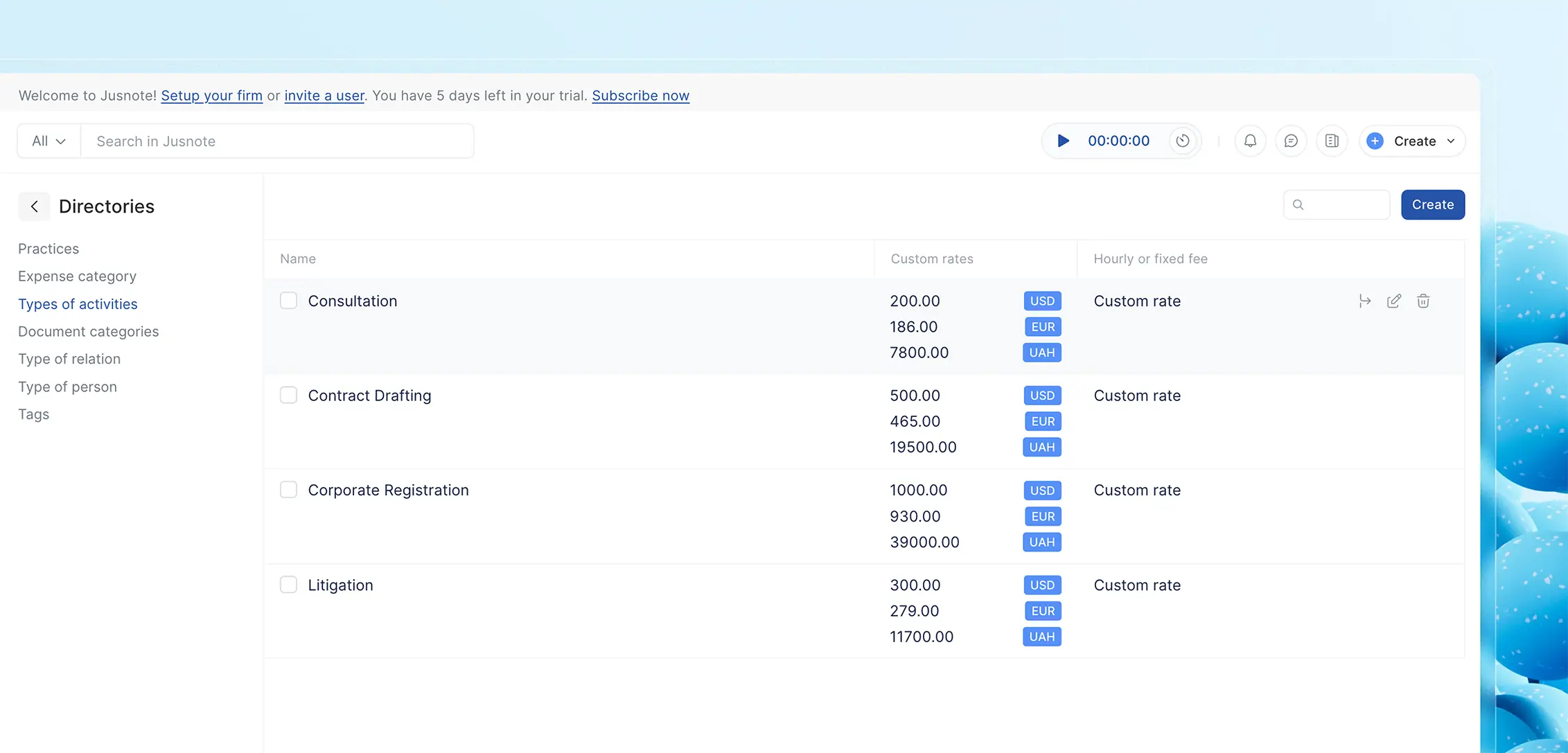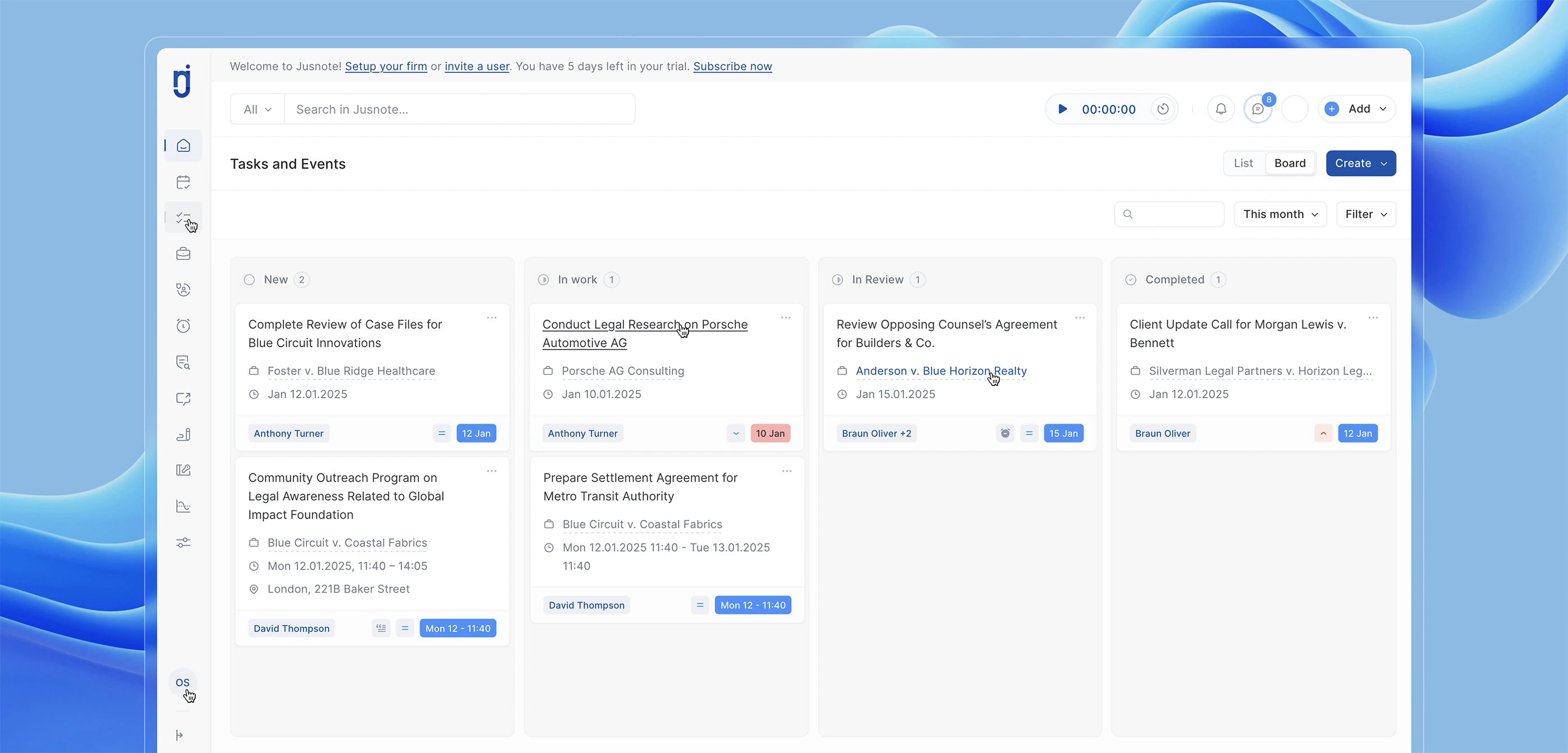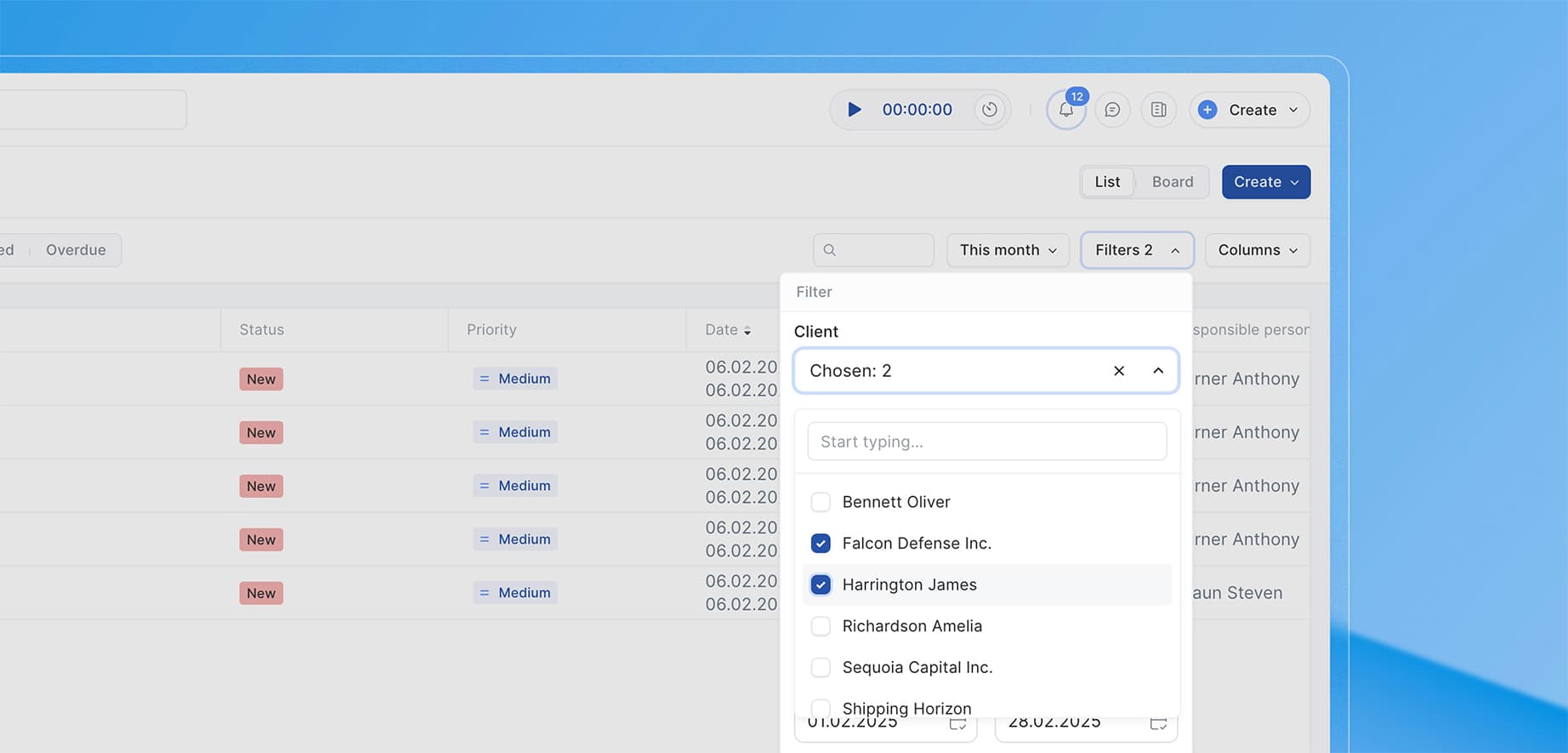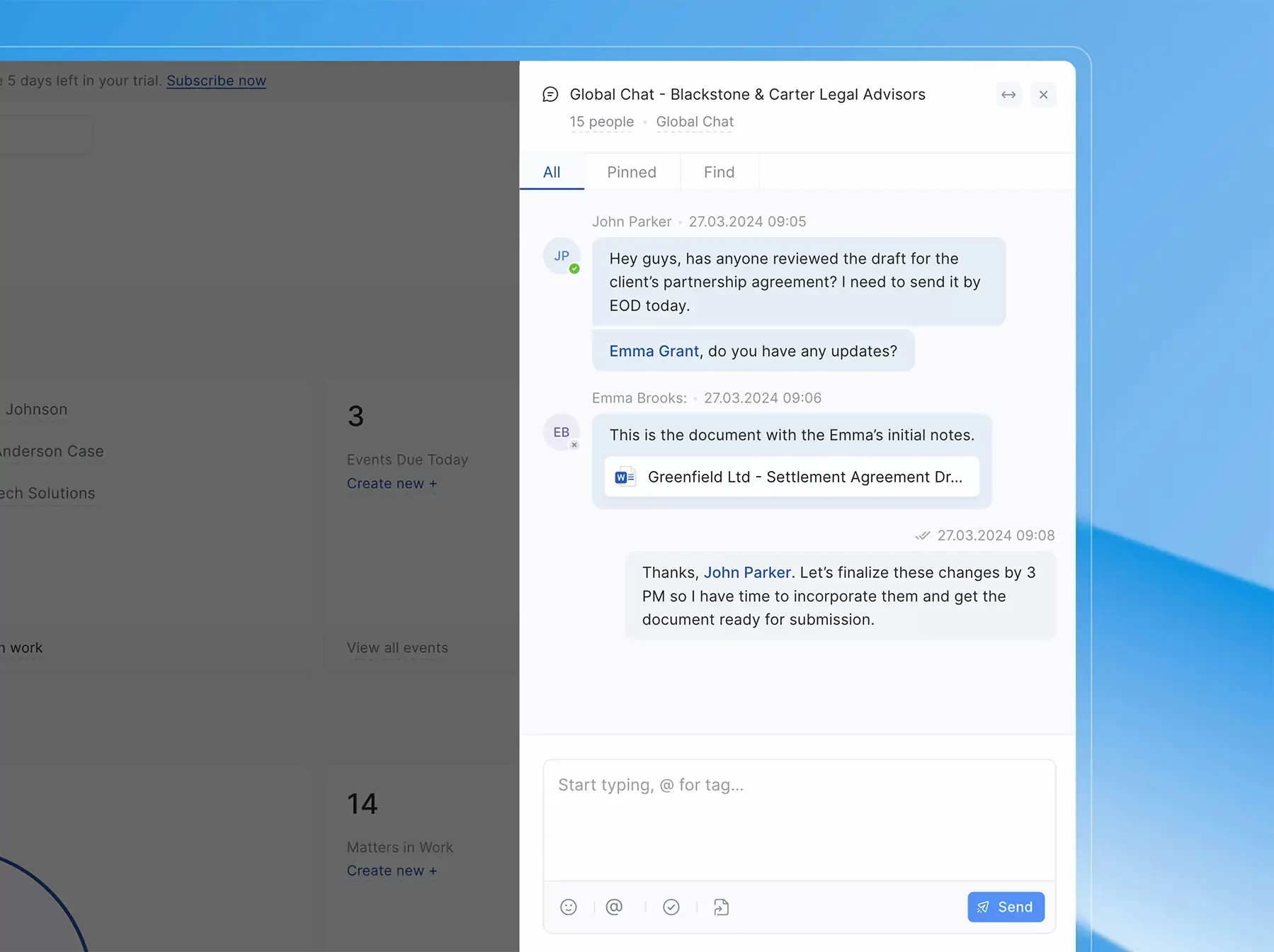After the Covid-19 pandemic and other global shifts, such as remote work adoption, employees’ physical and emotional mental health and well-being have become pivotal in work productivity.
Today, to succeed in the legal profession, as in any other, law specialists must balance their work and personal life, understand ongoing industry challenges, be more flexible, and quickly adapt to uncertainties.
No matter what challenges are on the way, lawyers have to put their clients as their foremost priority. Let’s check what lawyers need to focus on in their legal careers now and beyond.
Lawyers’ burnout and how to stop it
According to Bloomberg Law analysis, attorneys who participated in the survey reported having burnout and stress more than half the time during their work, while their well-being had worsened. Lawyers who reported higher burnout in the fourth quarter of 2022 experienced a decline in job satisfaction and a bigger number of job-related constraints. Furthermore, these lawyers appeared to have more billable hours and were actively searching for new career alternatives.
In addition, participants said they had experienced insomnia, sleep disruptions, health issues, personal relationship challenges, anxiety, and depression.
For this reason, law firms’ stakeholders should focus on providing employees with a healthier working environment to mitigate burnout and minimize stress.
“When you have a fuller sense of purpose at work, it’s easier to feel engaged rather than burned out,” says Nita Cumello, Global Client Director and Director of Well-Being for Global Large Law at Thomson Reuters.
Legal specialists working in a firm should understand their organization’s mission and values and, most importantly, share those same values. Corporations on their side should support their staff, invest in their employees’ personal development, and create more comfortable working conditions by:
• offering extra days-off
• incorporating sports programs, such as yoga classes or an office gym, to improve employees’ health
• providing healthy lunches
• giving more opportunities for hybrid or remote work, etc.
In the ABA’s Well-being Toolkit for Lawyers and Legal Employers, Anne Brafford discusses the benefits of providing vacation time. “Among 6,000 practicing lawyers, law professor Larry Krieger and psychology professor Kennon Sheldon found that the number of vacation days taken was a significant predictor of lawyer well-being – and was even more significant than income level.”
Clients’ demands are always on the rise
The evidence base from Legal Services Global Market Report 2022
The global legal services market reached almost $713.12 billion in 2021. The market is expected to increase to $998.73 billion in 2026 and reach $1311.63 billion in 2031.
Other factors that will influence the rise of legal services are: growing fraud, civil legal services needs, and financial crimes. In contrast, increasing costs and data security problems can cause a decline in the growth of legal services.
North America became the leader in the legal services market, adding up to 55.0% of the total in 2021, with Western Europe following it. South America and the Middle East are also expected to grow fast in legal services consumption in the coming years.
Let’s look at what strategies stand behind of legal services’ rapid development:
• Strategic collaborations and partnerships
• Alternative payment models
• AI adoption
• Embracing legal technology, including e-learning platforms and apps
• Legal process outsourcing
• Alternative legal service providers
Clients’ expectations
Since the demand for quality legal services is rapidly growing, the ability to deliver the desired client experience is pivotal in terms of outperforming your competitors and meeting your clients’ expectations.
Building effective communication with your legal clients is key. That means letting your clients reach you whenever and wherever they are and through any communication channel.
In today’s internet era, the worst thing you can do is not grow your online reputation. Clients will be more willing to choose you as their lawyer and pay for your legal services when they can trust your personal brand. For example, increasing social media presence can help legal specialists:
• get new connections
• support existing clients
• find and attract potential clients
• network with industry professionals and top minds to gain new knowledge and skills
• develop your legal brand recognition
Some use cases on social media efficiency
Social media can expand your legal research capacities and help you better learn about your clients and partners. Here’re some suggestions for you:
• If you’re a family lawyer exploring a family law case, you may investigate your client’s family members and friends’ social media profiles to deepen your research when handling the matter. For example, checking the tagged photos and their dates may help you add vital details to your legal examination. By using LinkedIn, ensure to choose the private mode in your profile’s settings so you can continue your investigation anonymously.
• If you run a litigation matter, start your social media research at the beginning of the process. Doing so increases the likelihood of finding vital information before this data is deleted from a client’s social media account.
• Also, check out the guidelines concerning information that lawyers are allowed to obtain from social media providers, and ensure you know the ethics requirements when using social media in your legal process
Wondering how to build a successful law firm brand and acquire more clients? Check out our branding guide.
Benefits of flexible billing options
As a lawyer, you need to make your clients feel that your legal services are worth what they’re paying for. For this
• use clear invoices that confirm progress toward their goals, ensure transparency, and are written professionally and precisely
• give your clients an option to use different billing methods, such as paying by credit card through a smartphone
• make sure to inform your clients whether you have rewards for yearly payers or those who pay the total price at once. For example, you can provide a 5% discount in that case. Likewise, you should include information about possible penalties if clients refuse to pay.
In this guide, we explore the best billing practices every lawyer should know.
In addition to invoices, you need to place a clear Pricing policy on your website that provides answers to the most common clients’ questions:
• When invoices are sent out to clients
• When the due payment date is
• What are the available payment methods
• What are the penalties for late payments
• How the lawyer’s time is tracked
• What fees can be included
• Who else is involved in the case process, etc…
Note that if you use time increments to charge clients, you will need to show your clients how you manage a 14-minute phone call between those increments. Make your time padding obvious for your clients if you round up.
Urgency of collaboration
Companies that leave siloed functioning behind and are willing to cooperate and integrate with other businesses are more likely to succeed. In addition to technical maturity, legal specialists require communication and teamwork skills to gain a competitive advantage. To illustrate,
• instead of fearing making mistakes — become creative and seek new solutions
• instead of calculating risks in a client case — experiment and foreseen rewards
• instead of solely doing one’s job — learn to collaborate on the same matters and share experiences to find the best solution for the client
Singapore is an excellent example of how legal stakeholders can collaborate. The Singapore Academy of Law (SAL) has created a series of programs to introduce digitization in the legal sector with four primary focus areas:
• boost lawyers’ knowledge
• generate ideas
• build professional capacity
• connect legal specialists to the community
• provide access to global resources
Examples of these programs include the Global Legal Innovation and Digital Entrepreneurship program and Asia’s first LegalTech accelerator that provide networking opportunities and boost technology adoption in the legal field.
Technology that helps lawyers succeed
Our professional legal software solution, Jusnote, is an all-in-one platform explicitly designed to cover legal specialists’ needs. Lawyers and attorneys can manage every aspect of their law practice in one place, reduce paperwork, automate tedious tasks, and reach more clients.
Request a free demo to see Jusnote legal software in action, and subscribe to our newsletter to stay up to date on other legal industry trends.
![]()
Olena Ivanenko
Author, Content Creator at Jusnote



 Jusnote Newsroom
Jusnote Newsroom  Search Newsroom
Search Newsroom
 Back to all publications
Back to all publications

